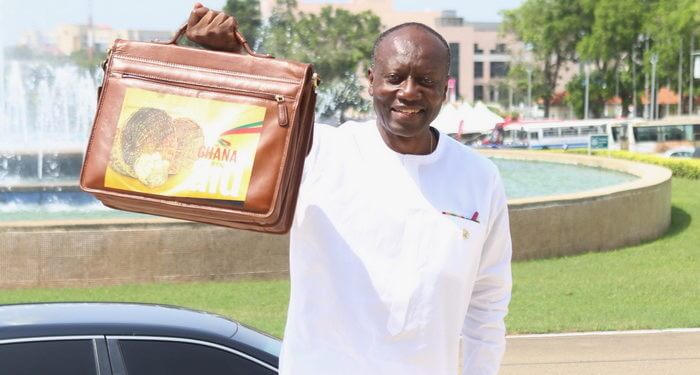Credit rating agency, Moody’s Investors Service (Moody’s) on Friday, April 17,2020, changed Ghana’s economic outlook from positive to negative.
The rating agency has also affirmed Ghana’s ratings at B3
Moody’s has simultaneously affirmed the local and foreign currency senior unsecured MTN ratings at (P)B3 and the rating of the bond enhanced by a partial guarantee from the International Development Association (IDA, Aaa stable) at B1.
In January 24, 2020, the rating agency affirmed Ghana’s long-term issuer and senior unsecured bond ratings at B3 and changed the outlook from stable to positive.
The change in the outlook for Ghana’s ratings from stable to positive in that period was informed by the GDP growth of the economy, restoration of Macroeconomic stability, Fiscal consolidation, Proactiveness in Debt Management, Strong Institutional Reforms.
Reasons for the latest ratings
Moody’s review of Ghana’s outlook to negative is because of the country is now considered a higher risk due to rising levels of borrowing which now stands at 59.20% of GDP.
By high risk, it means the international markets will not give Ghana favourable borrowing conditions or may even dare to borrow to the country at all in the first, especially in the wake of this Covid-19 pandemic.
Another reason for the negative rating has to with the projected shortfalls in the country revenue target for the year.
Last week, the Finance Minister, Ken Ofori-Atta, in an article published in the Financial Times, said Ghana has lost over one billion dollars in domestic revenue due to the outbreak of the coronavirus pandemic in the country.
He wrote that “we have, in one fell swoop, lost more than $1 billion of revenue as domestic taxes continue to shrink, compounded by lost productivity and job losses”.
Another reason is also the fact this year is an election in Ghana and many of these international lenders considers borrowing to an African country around this time high risk, hence the Moody’s ratings.
Already, the government had borrowed $100 million dollars from the world bank to fight the Covid-19 pandemic.
Similarly, just last week the IMF approved a $1 billion-dollar Rapid Credit Facility to the country to again address the coronavirus disease.
But with concerns over the penchant for governments to overspend during electioneering years, some economists in Ghana have cautioned the state against misusing monies borrow to fight the virus.










